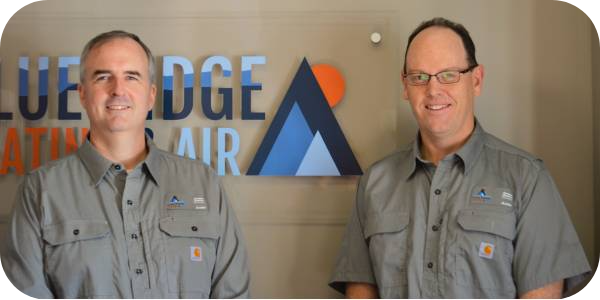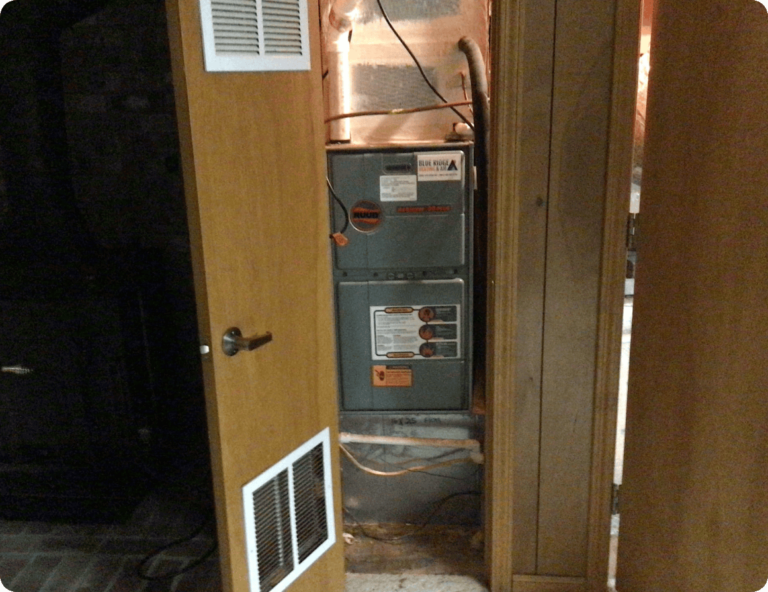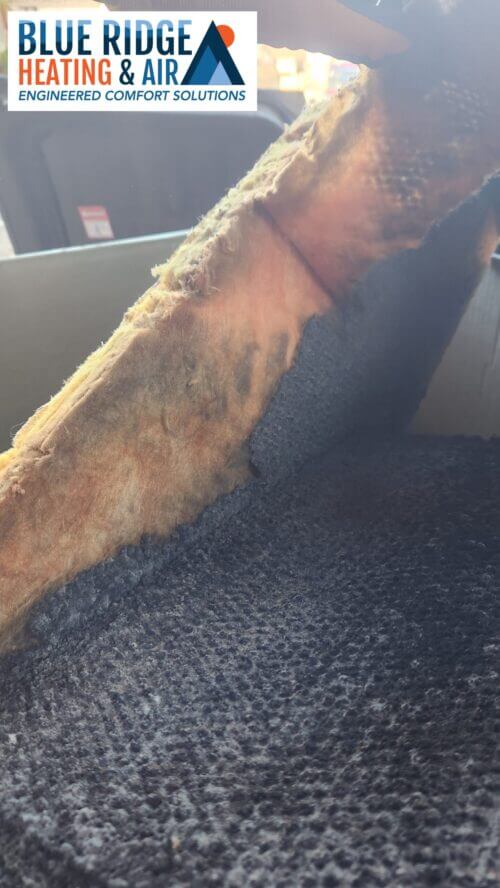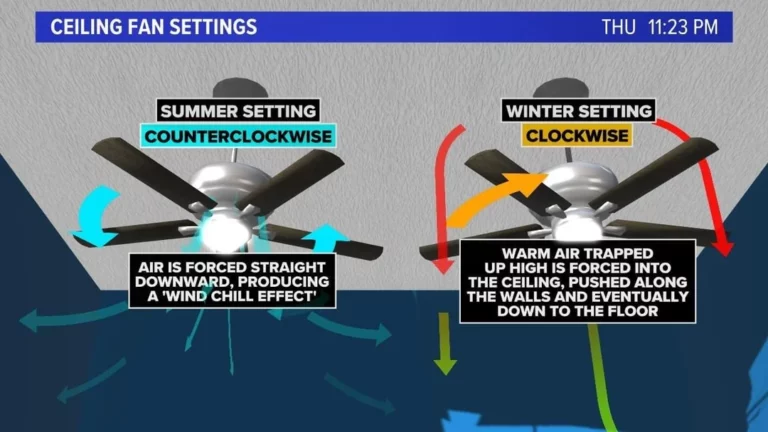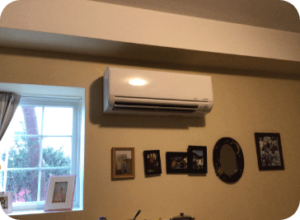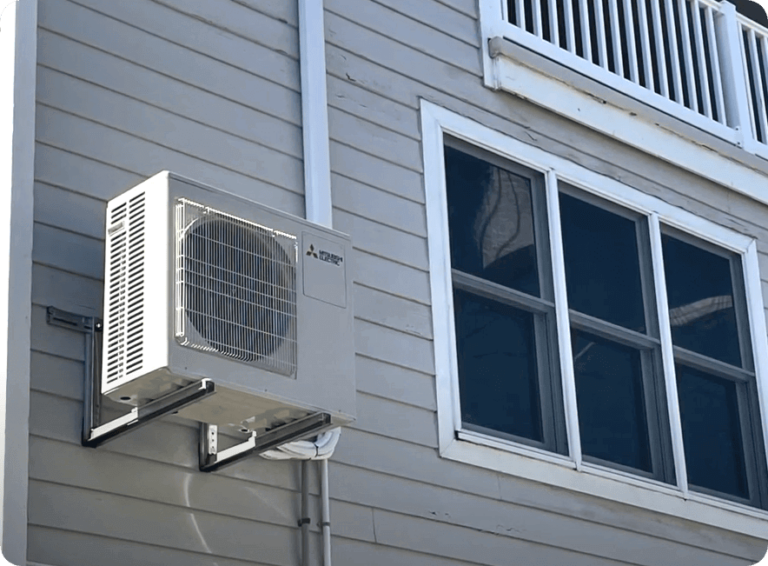While we would all love a home comfort system that you just set and forget without an additional thought, unfortunately, that is not the case. First and foremost, for the continued optimal operation of your system, seasonal maintenance is a must. Having your system serviced by a professional every year will help you maintain an energy-efficient HVAC system.

That is why at Blue Ridge Heating and Air, the first year has been provided “on us”, and you can expect a call from us about six months after any system installation to schedule your first appointment.
With regular maintenance, you will experience the immediate benefits of maximum energy efficiency, which leads to savings on your utility bills. Service will also lead to clean and comfortable air in your home, dependability, and longevity from your HVAC system. Another important benefit is the validation of your manufacturer’s warranty. Most manufacturer warranties are at least 5 years for parts, and 10 years if your installer registered your serial numbers with the manufacturer.

How To Promote HVAC Efficiency In Your Home
A trustworthy HVAC company will partner with you to keep your HVAC system running safely and comfortably for its entire life. That begins with preventive maintenance but sometimes includes an emergency visit due to a part failure or system malfunction.
We all understand that oftentimes the cost of service can be a deterrent, but it’s truthfully saving you money in the long run. Here are some tips to increase efficient heating and air conditioning, while minimizing your need for billable service throughout the year and especially when an untimely breakdown occurs.
- Replace your air filter(s) regularly. Aside from how it affects your own health, dust, and dirt collecting on your coils will significantly reduce the efficiency of heat transfer in your system. It can act like an insulating blanket. This causes your system to work harder, and consume more energy. In fact, a study completed by the Lawrence Berkeley National Laboratory at UC Berkeley found that typical coil fouling from dust and the environment effectively cuts the life of the coil in half.
- Keep debris and overgrowth away from the outdoor unit.
- Make sure your switches, breakers, and disconnects stay in the “On” position.
- Make sure your gas valves are in the open position. In the case of LP (propane), be sure there is sufficient gas in the tank. A level under 15% can begin to affect the performance of your furnace.
- Make sure your thermostat mode is set properly for the operation you desire: heating or cooling, and the temperature is adjusted correctly. Additionally, make sure you have working batteries if your thermostat requires them.
- Be sure that all your supply and return grilles/registers are open and not blocked.
- Install carbon monoxide detectors: If you have a gas furnace, make sure that you have carbon monoxide detectors installed on every floor in your home and near sleeping areas.
Remember, your new system warranty only offers coverage for parts that fail and possibly the labor to replace them. To avoid billable service calls, be sure to look over this list and you may wind up being your own “favorite service tech”.
If you are unsure of any of these steps, please do not hesitate to contact Blue Ridge Heating and Air. We can help you out with a heating or air conditioner tune-up in Greenville, NC, Ultimately, our goal is your safety and comfort.
We all understand that oftentimes the cost of service can be a deterrent, but it’s truthfully saving you money in the long run. Here are some tips to increase efficient ductless or ducted heating and air conditioning, while minimizing your need for billable service throughout the year and especially when an untimely breakdown occurs.
- Replace your air filter(s) regularly. Aside from how it affects your own health, dust, and dirt collecting on your coils will significantly reduce the efficiency of heat transfer in your system. It can act like an insulating blanket. This causes your system to work harder, and consume more energy. In fact, a study completed by the Lawrence Berkeley National Laboratory at UC Berkeley found that typical coil fouling from dust and the environment effectively cuts the life of the coil in half.
- Keep debris and overgrowth away from the outdoor unit.
- Make sure your switches, breakers, and disconnects stay in the “On” position.
- Make sure your gas valves are in the open position. In the case of LP (propane), be sure there is sufficient gas in the tank. A level under 15% can begin to affect the performance of your furnace.
- Make sure your thermostat mode is set properly for the operation you desire: heating or cooling, and the temperature is adjusted correctly. Additionally, make sure you have working batteries if your thermostat requires them.
- Be sure that all your supply and return grilles/registers are open and not blocked.
- Install carbon monoxide detectors: If you have a gas furnace, make sure that you have carbon monoxide detectors installed on every floor in your home and near sleeping areas.
Remember, your new system warranty only offers coverage for parts that fail and possibly the labor to replace them. To avoid billable service calls, be sure to look over this list and you may wind up being your own “favorite service tech”.
If you are unsure of any of these steps, please do not hesitate to contact Blue Ridge Heating and Air. We can help you out with a heating or air conditioner tune-up in Greenville, NC, Ultimately, our goal is your safety and comfort.
FAQs:
Is all-electric HVAC cheaper than gas?
All electric HVAC systems tend to be cheaper to run than gas HVAC systems. They also have the ability to both heat and cool, while gas systems can only heat.
Are newer HVAC systems more efficient?
Yes, newer HVAC systems are more efficient than older HVAC systems. Between improved technology and less wear and tear, new HVAC systems are almost always more efficient than older models.
How can I increase the efficiency and lifespan of my HVAC system?
Regular maintenance and service will help you to increase the efficiency and lifespan of your HVAC system. You will get ahead of breakdowns, repairs, and maintain your warranty.

